News and features
Read the latest news and features about our world-leading research, discoveries, fundraising and philanthropy. If you want to keep updated on our news, you can follow us on social media or sign up for our Search newsletter.
If you’re a journalist and want to find out more, you can contact our media relations team.
-547x410.png?sfvrsn=6c38d100_2)
Scientists reveal important role for ‘workhorse’ of cell division
A new study shows how a crucial protein, which acts as trigger for cell division, helps release another key protein from the cell’s ‘control centre’.
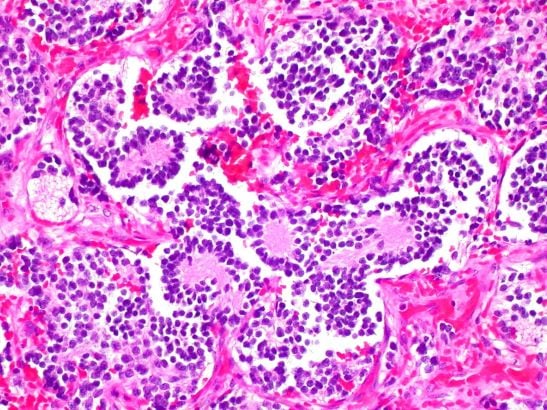
New drug targeting high-risk children’s cancer is ready for trials
A new drug that has passed safety tests in adults shows the potential to be effective against the aggressive childhood cancer neuroblastoma, scientists have found.
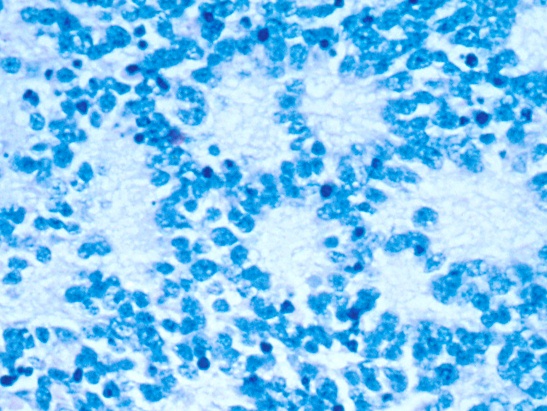
Aggressive childhood cancer could be treated by combining DNA-damage targeting drugs
An aggressive form of the childhood cancer neuroblastoma could be treatable with two cancer drugs currently used in the treatment of colon and ovarian cancer, a study led by researchers at The Institute of Cancer Research, London, suggests.
-content.tmb-hbmobile.jpg?Culture=en&sfvrsn=fec93f9d_2)
New drug targeting DNA repair shows promise in range of advanced cancers
A new precision drug which stops cancer from repairing its DNA has shown promise in an early-stage clinical trial – highlighting the potential of a new class of drugs known as ATR inhibitors.
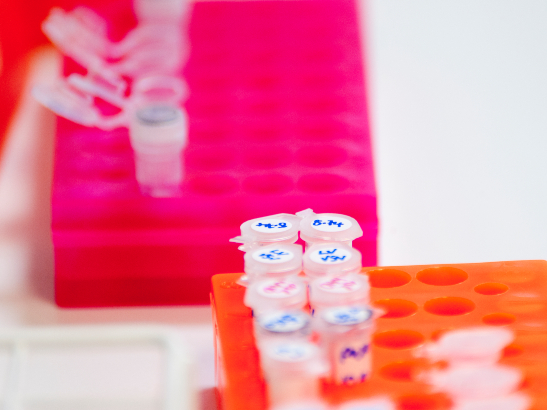
ICR and Cancer Research UK spinout company Monte Rosa Therapeutics raises USD96m in ‘Series B’ Financing
Monte Rosa Therapeutics, a company originally formed as a spinout from Cancer Research UK-funded drug discovery research at the ICR, in collaboration with Versant’s drug discovery engine Ridgeline Therapeutics, has closed a $96m ‘series B’ financing from investors to support the further development of its drug pipeline.
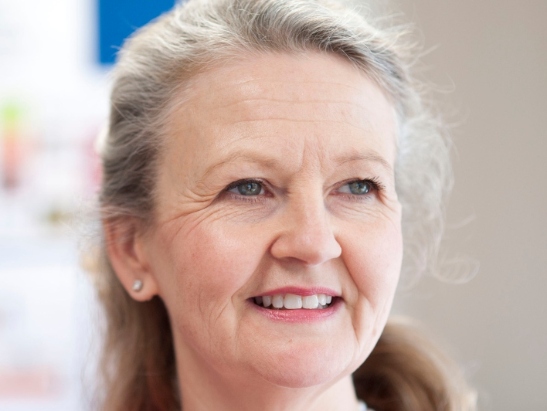
Navigating our way through a new era of fundraising
Lara Jukes is the Director of Development at the ICR. Here she shares her personal thoughts on the impact the coronavirus pandemic has had on the charity, the life-saving research it supports, and those who benefit from it.

How a decade of research progress offers hope to children with neuroblastoma
Researchers at the ICR are working hard to improve the outlook for children with cancer. Here we look back on a decade of discoveries made possible by the support of the parent-led charity Christopher’s Smile, which was founded just over 10 years ago.
-547x410.jpg?sfvrsn=5e98f2c_2)
ESMO 2020: Two-pronged attack using new targeted drug could treat ‘addicted’ prostate cancers
An experimental cancer drug used alongside targeted hormone treatment could treat an aggressive group of prostate cancers which have become ‘addicted’ to growth signals, a major phase III clinical trial has shown.
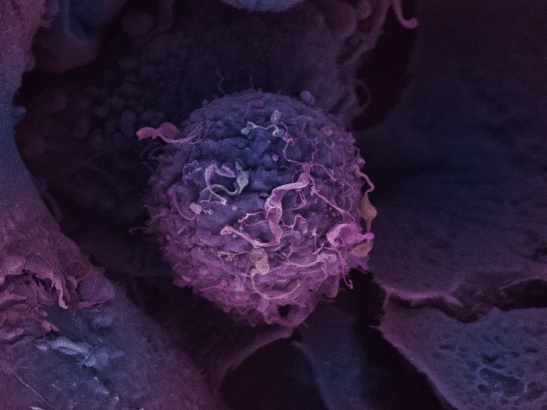
ESMO 2020: Research breakthrough offers new hope for high risk patients with HR+ breast cancer
A new treatment for breast cancer patients with hormone receptor (HR+) early stage disease who are at a high risk of recurrence has been shown to reduce the risk by 25 per cent in the first two years, according to a new study.
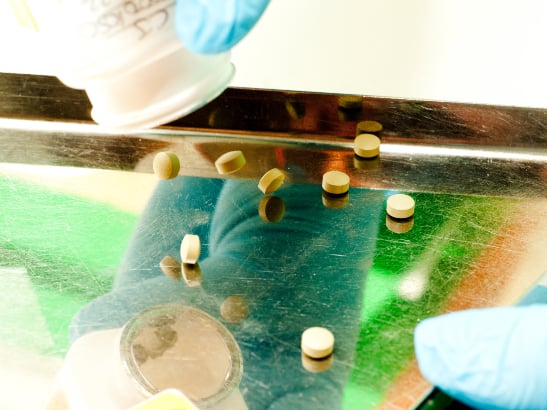
ESMO 2020: Breast cancer drug set to transform prostate cancer treatment
A drug used to treat breast and ovarian cancer can extend the lives of some men with prostate cancer and should become a new standard treatment for the disease, concludes a major trial which is set to change clinical practice.

ESMO 2020: Step forward in treatment for patients with newly diagnosed advanced ovarian cancer
Almost half of patients who received a targeted drug during treatment for newly diagnosed BRCA-mutated advanced ovarian cancer remain disease free after five years, according to a study led by The Royal Marsden NHS Foundation Trust.
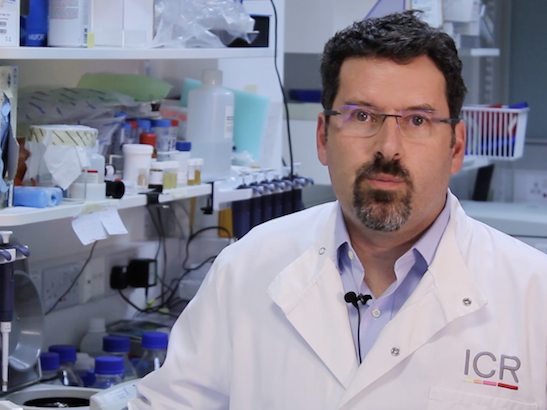
Bringing precision medicine to children with cancer
Professor Louis Chesler is Head of the new Centre for Paediatric Experimental Medicine at the ICR – and leads an ambitious team of researchers who are investigating new targeted treatments that could make a real difference for children with cancer.
